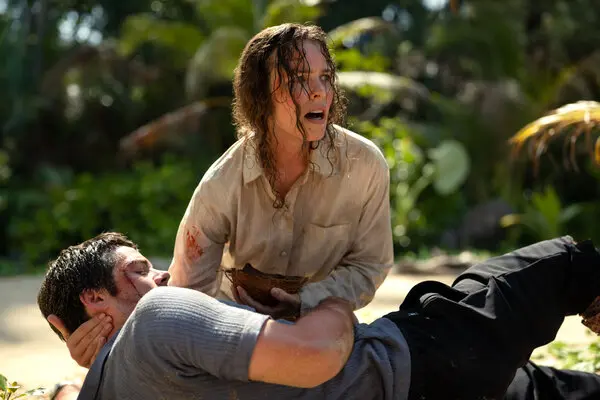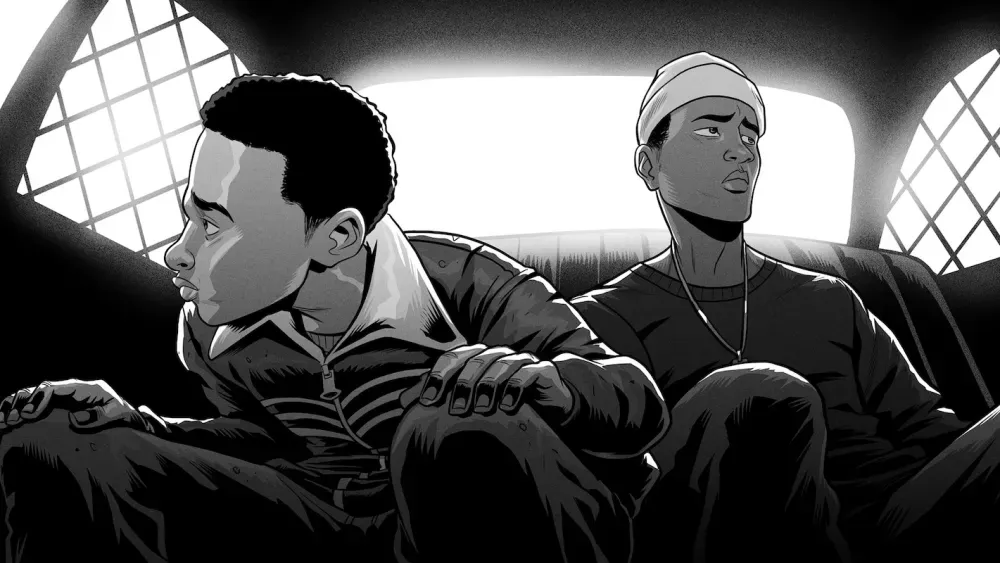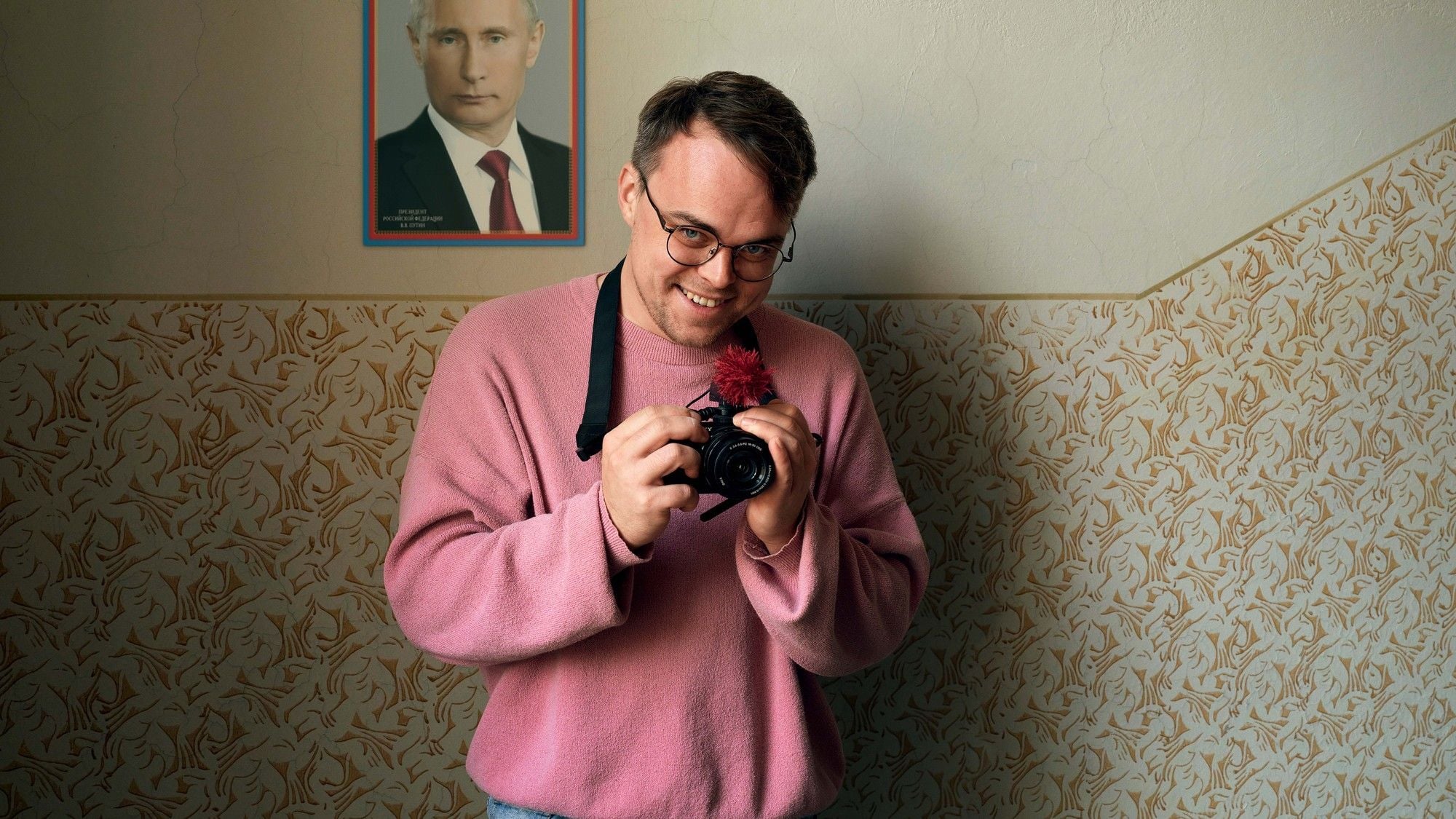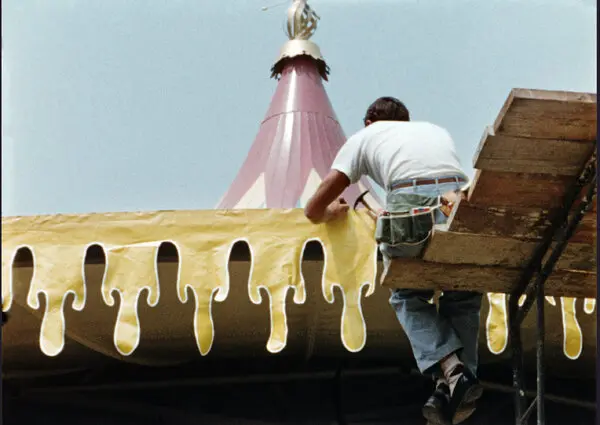
Blue Road: The Edna O'Brien Story (2024) - Documentary Review
- Nov 18, 2024
This intimate exploration of Edna O’Brien’s life provides a rich portrait of the author's complicated love-hate relationship with her Irish homeland, which she often compared to the wounded-but-defiant spirit of its trees. Rooted in nature, O'Brien found solace and freedom in the fields of County Clare despite a turbulent life marked by trauma and conflict.
The documentary, directed by Sinéad O’Shea, benefits from the deep reservoir of interviews O'Brien offered, her well-thought-out and resolute perspectives, and a sit-down with the filmmaker at the end of her life. O’Brien was a master of descriptive prose, making her words flow like music in conversation.
On her journey to becoming one of the foremost writers of her time, O'Brien found an escape from an unhappy childhood by immersing herself in her imagination. Born in 1930, she was the youngest of four siblings in a household haunted by her father's alcohol abuse and gambling addiction, which would demote her family's social standing.
O'Brien's candid reflections on her childhood trauma reveal a nuanced perspective of her parents. Even though her father's violence cast a shadow, towards the end of her life, she couldn't separate such memories from the affectionate singing sessions they shared.
She distanced herself from her stifling family life and moved to Dublin in the early 1950s. A tireless writer, she faced the gendered undercurrent of the Irish literary scene, which labeled it as a "male preserve," making her journey even more challenging.

Her world changed dramatically when she met Ernest Gébler, a cosmopolitan writer and her future husband. However, this marriage would contribute to a "depressing vision of men" that colored her novels. O'Brien was notably critical about men, recognizing their general expectations from women, and candidly credited any positive interactions for the occasional pleasure they gave.
O'Brien published her debut novel, The Country Girls, in 1960, instigating severe friction in her marriage, primarily due to her soaring success. Her husband, Gébler, resented her fame, creating an atmosphere of toxicity and control that would see him take credit for her work and financial success.
Throughout her career, O'Brien faced significant criticism back home. The raw depiction of women's desires and sexuality in her works led both the Church and the Irish government to denounce her novels. Despite this, she continued to write prolifically, navigating the patriarchal culture with unflinching resolve. Interestingly, though issues of female freedom coursed through her work, she neither aligned herself with the feminist movement nor received much support from them.
O'Brien's later years narrate her stints as a socialite in London, ties with influential American writers, and her experiences teaching creative writing in New York. Despite a life studded with fame and success, what resonated with O'Brien in her final years were the simple moments from her childhood, painting a heartfelt image of her enduring spirit and relentless passion for her craft.
Director Sinéad O'Shea’s remarkable treatment of O'Brien's life presents a deeply engaging portrait of a fiercely independent woman whose experiences continue to shape our understanding of challenge, resilience, and the female experience within the Irish literary canon.






